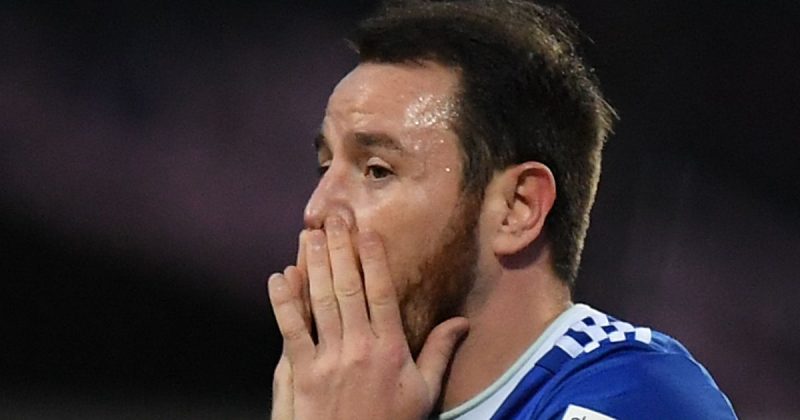I’ve seen a few programmes recently highlighting the cruel, harmful way celebrities, and women in particular, were treated during the late nineties and early noughties. Some of the questions they were being asked and the way they were being written about now makes you gasp, with 20 years or so distance. You would never get away with it today, but it obviously never felt particularly shocking at the time though, which just goes to show how far we’ve progressed. In some respects.
I like to think that, further down the road, with more distance travelled, we’ll look back on the way we talked about footballers in much the same way because its horrendous and really needs to change.
This is the social media age, where we have been given more access than ever before to celebrities and rather than appreciate and enjoy it, some instead use it to abuse and belittle those in the public eye. Football Twitter, for example, can be a double-edged sword. There are some lovely people out there, which is hardly surprising because on the whole, football people are the best people, but there are some real arseholes out there too that do their best to ruin it for everyone. It’s always the reason as to why we can’t have nice things.
Once upon a time, you would just slag off your team’s performance down the pub, but now you can tag in the individuals perceived to be at fault. At the height of your frustration, you can give individuals both barrels, just to make yourself feel a little bit better. They never signed up for this.
I think this all springs from the idea that football fans pay their money every week, so are entitled to say what they like. This is absolutely untrue. You are a supporter. In good times and bad.
Cardiff fans are by no means the worst, but they’ve had their moments. Craig Bellamy once celebrated a goal by shushing fans that had ironically cheered the substitution of Peter Whittingham. This is a fate that Josh Murphy also endured on two separate occasions. Imagine being on the receiving end of that. You wouldn’t wish it on your worst enemy. Its counter-productive too, making it all the more wrong-headed.
Lee Tomlin was brave enough to publicly admit that he really struggles with his mental health and has in the past attempted to take his own life. You would think that would appeal to the humanity in people, but no, he still gets ridiculed for his weight or his fitness problems.
Isaac Vassell is another that is routinely mocked because his body fails him. Being an injured footballer must be rubbish. Not only can you not play the game you love, but you’re also in pain and getting abused for ‘stealing a living.’ In that position, I bet you dread walking down the street for fear of bumping in to one of these idiots.
Being injured is not a lifestyle choice. No one is choosing to sit out what is a relatively short career. They don’t want to lose their place and they don’t want to be forgotten. Some imagine ‘injury-prone,’ another horrible term readily used, players sat at home, taking it easy while counting their money. Footballers are not spongers. On the contrary, they worked very hard to get and remain where they are.
Vassell briefly returned to fitness earlier in the season and Mick McCarthy explained that while his body was in good shape, his confidence had yet to return, which is hardly surprising after a two-year absence. The last thing anyone would need in that situation is scorn.
Injuries go hand in hand with professional sport, but injured players receive very little sympathy and are seen as an inconvenience. This is not a new thing and legendary Liverpool manager Bill Shankly famously used to blank injured layers as if they didn’t exist. Times have since changed, but in some respects, only marginally improved.
The rise of mental health awareness has had a hugely positive, transformative effect on society, but football has some catching up to do it this regard. The sport often leads the way in societal change, but the way the industry and supporters treat those that play the beautiful game is anything but. We all need to be and do better.
